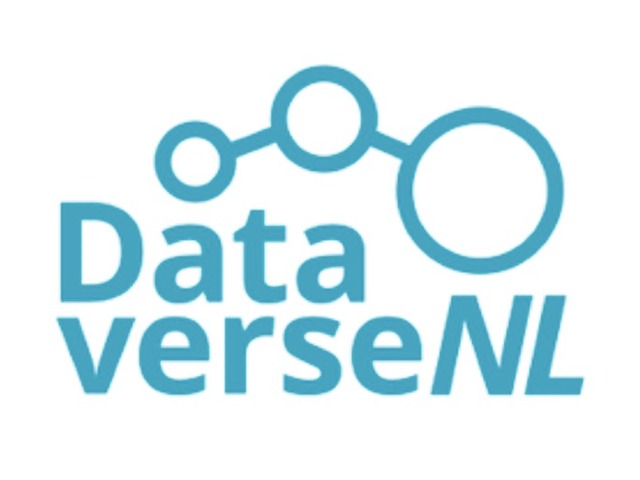Results for tag: open science
‘DataverseNL makes research data FAIR’ - an interview with UG data stewards Christina Elsenga, Tiemen Folkers and Ron Groote Wolthaar
| Date: | 13 November 2021 |
| Author: | Leon ter Schure |
Researchers are increasingly asked to share their research data openly with the world. The UG's Digital Competence Centre facilitates this by managing data repository DataverseNL. Three data stewards from the DCC tell us more about this service.
ORCID, a persistent identifier for researchers
| Date: | 27 August 2021 |
| Author: | Leon ter Schure |
An ORCID iD is a persistent identifier designed especially for researchers. Maintaining and using an ORCID iD will not only help you to receive recognition for your work, you also contribute to creating an open and robust research infrastructure.
An interview with Dr Rose Harris-Birtill from the Open Library of Humanities
| Date: | 06 April 2020 |
Dr Rose Harris-Birtill serves as Managing Editor across the Open Library of Humanities platform of 28 Open Access scholarly journals, and Editor of its flagship journal OLH, based at Birkbeck, University of London. In this interview, she discusses the benefits and challenges of open access publishing in the humanities and describes the publishing model of the Open Library of the Humanities.
Open Humanities: Why Open Science in the Humanities is not Enough
| Date: | 20 March 2020 |
| Author: | Marcel Knöchelmann |
Open science has become a catch all term to describe the many different ways in which digital networked communication technologies have opened and begun to transform research and scholarship across different disciplines, even those outside of the sciences. Whilst this term has been useful, Marcel Knöchelmann argues that for the humanities to successfully adopt digital technologies, rather than have them imposed upon them, they need to develop an independent open humanities discourse.
Open science can enhance research quality and collaboration
| Date: | 10 February 2020 |
| Author: | Giulia Trentacosti |
“Whenever I make something open – be it my data or methodology – I am always a bit nervous before I click the button." Interview with Dr Ineke Wessel, associate professor in Experimental Psychopathology at the Faculty of Behavioural and Social Sciences.
The first SHARE Open Science Award
| Date: | 06 January 2020 |
On 14 November 2019, Research Institute SHARE organized its yearly Research Day around the theme of IMPACT. One of the highlights of the day was the presentation of the first SHARE Open Science Award.
Recap: Open Science symposium at the UG
| Date: | 12 December 2019 |
During this year’s International Open Access Week, the UG University Library organized a symposium on Open Science Research Practices. Open Science is about improving the way in which we do science and about moving towards a more open and inclusive research culture.
Open science means inclusivity
| Date: | 11 June 2019 |
| Author: | Giulia Trentacosti |
We interviewed Dr Canan Çakirlar, assistant professor of Zooarcheology at the Faculty of Arts. Canan explains what open science means in archaeology and what the benefits of adopting open research practices are in her field.
Openness benefits our research and society
| Date: | 19 February 2019 |
| Author: | Giulia Trentacosti |
Marian Joëls, Professor of Neurosciences and Dean and board member of the UMCG, discusses her take on open science, research evaluation and her vision for the future of the UMCG.
How can universities support open science?
| Date: | 17 October 2018 |
| Author: | Giulia Trentacosti |
Martijn Wieling, Associate Professor of Computational Linguistics and Vice-chairman of the Dutch Young Academy, talks about why he thinks open access, open data and open source are the way forward in academic research.












